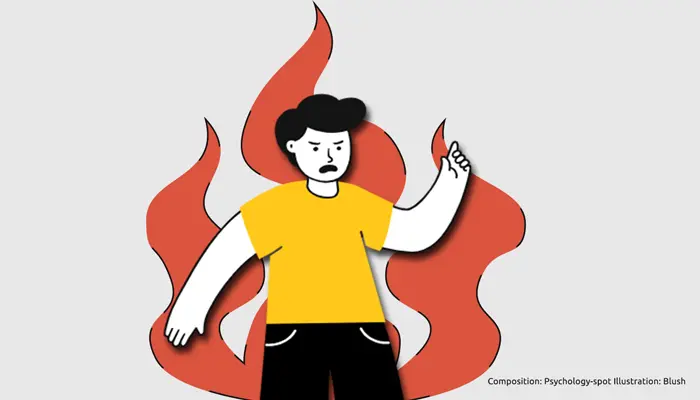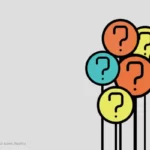
From the employee who attends us to the taxi driver who takes us to our destination, the neighbors, friends or family, it is not necessary to have a close relationship with someone for him to download his frustration on us, but having an emotional bond does not save us either of becoming a kind of punching bag. The bad habit of venting frustration on the others is widespread and only generates more tension.
Frustration Management: Low tolerance to frustration
Frustration is a difficult emotion to manage. We feel frustrated when the world does not go according to what we expect, when our expectations are not met, our plans are broken or we cannot achieve what we wanted.
We can all get frustrated at some point. It is a normal reaction. However, there are people who have a low tolerance to frustration. That means that any minimal problem or setback becomes an impassable wall that causes them discomfort.
These people do not tolerate well the discomfort and difficulties that normally arise along the way or withstand delays in satisfying their desires. As a result, they tend to experience more stress, anxiety, anger and resentment than those who know how to tolerate and manage frustration.
Low tolerance to frustration is usually the result of irrational beliefs, such as thinking that everything should go according to our plans, that the others should always act in a kind and considerate manner or that the world should follow our conception of justice. When those assumptions are not met, we feel frustrated.
It is also based on the inability to postpone the rewards. People who want to get everything as quickly as possible have not developed the psychological mechanisms that allow them to deal with the inconveniences and delays, so when they appear they feel very upset.
Venting frustration on others
In 2015, psychologists from the Institute of Social Sciences of Leibniz conducted a very interesting experiment: they recruited a group of people who were involved in an online game, previously manipulated so that some lost and others won, regardless of their efforts.
When the game ended, they were told that they could return to compete with other people. Each time his opponent lost, they could punish him by applying a noise. The researchers discovered that those who had lost, when they had the opportunity to punish someone, chose to do it using very high volumes, unlike those who won, who chose the lowest volumes. They also appreciated that the greater the frustration and negative feelings the losers experienced, the more volume they used for punishment.
This study shows us that many people do not know how to deal with frustration and rush to vent it on others. In fact, they are often not even aware that they feel frustrated. These people usually lack emotional granularity; that is, they know they feel bad, but they don’t know exactly why.
Frustration floods them and they don’t know how to manage it. In that way, failure or setback adds a sense of irritability and hostility. In fact, these people, having a locus of control external, often blame the others for their problems and misfortunes, so their first reaction when they feel frustrated is to look for a culprit.
Thus they end up venting their frustration on others, whoever they are, the first one who passes by or whoever at hand. They usually do it unconsciously, because their obsocation prevents them from reacting otherwise. But other times they do it with joy, simply because they want the others to also taste a dose of the discomfort they are experiencing.
How to vent frustration positively?
Sometimes frustration arises from our desire to control things, so it is important to learn to flow and be willing to embrace change, since it is the only constant in life. We need to prepare for uncertainty and be aware that things, no matter how much we plan them, will not always work out as we expect. It’s about preparing for the worst in the best way.
When we feel frustrated, we need to look at the situation from another perspective. Let’s think for a moment about a person who is looking for a job and is offered a salary of 20,000 euros per year. If that person expected to receive 30,000 euros, he will feel frustrated and disappointed, if he expected to get 15,000 euros he will feel elated and if he expected to earn 20,000 euros he will be satisfied. The situation is the same. But the emotions it has generated are different. What has changed are the expectations of that person. That means that when frustration invades us, we must ask ourselves how our expectations are contributing to increase the discomfort.
On the other hand, the fact that obstacles arise does not always mean that we should change our goal, but only the way to reach it. Developing flexible thinking will help us improve our tolerance to frustration because we will be able to find alternative ways to achieve our goals or even change them, if necessary.
Finally, for venting frustration in a positive way, we can get involved in more productive activities, redirecting that energy into tasks that allow us to achieve our goals. We must remember that a setback can be seen as an obstacle or as a motivation that encourages us to redouble our efforts. It depends on us.
Source:
Breuer, J., Scharkow, M., & Quandt, T. (2015) Sore losers? A reexamination of the frustration–aggression hypothesis for colocated video game play. Psychology of Popular Media Culture; 4(2): 126-137.



